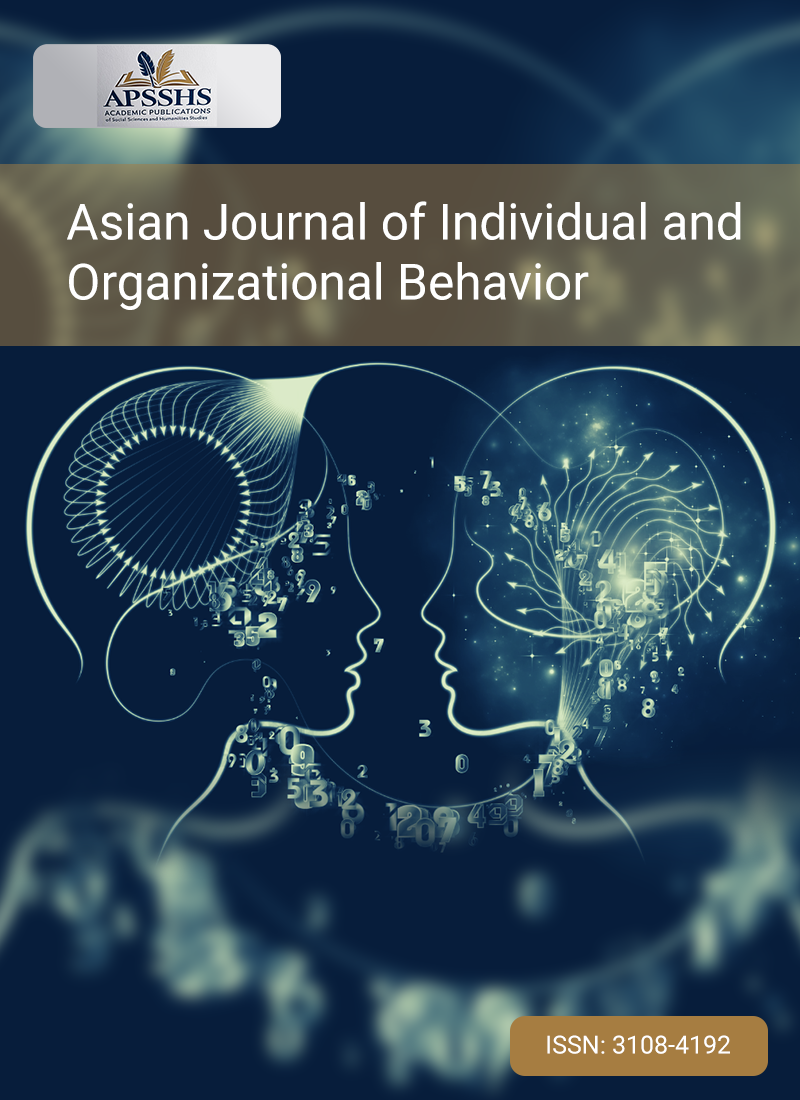
This study aims to identify the factors influencing organizational commitment, analyze their interconnections by developing a new model, and assess how these elements specifically affect work commitment and employees' intentions to leave their jobs. The factors were derived through a comprehensive review of relevant literature. The research included a two-phase pilot study, normality testing, factor analysis, discriminant validity assessments, and regression analysis. A total of 205 employees currently employed in different organizations participated in the final survey. The key results show that organizational trust, the value of the job, affective commitment, and normative commitment all positively influence work commitment, while self-confidence negatively affects it. Furthermore, organizational trust and affective commitment reduce the likelihood of employees quitting, while self-confidence and talent increase the probability of quitting. By proposing a new model of organizational commitment, this research presents an updated evaluation of previously underexplored factors and introduces new influences on organizational commitment, work commitment, and turnover intention. The insights from this study can help organizations make more informed decisions concerning their most valuable resource: their employees.